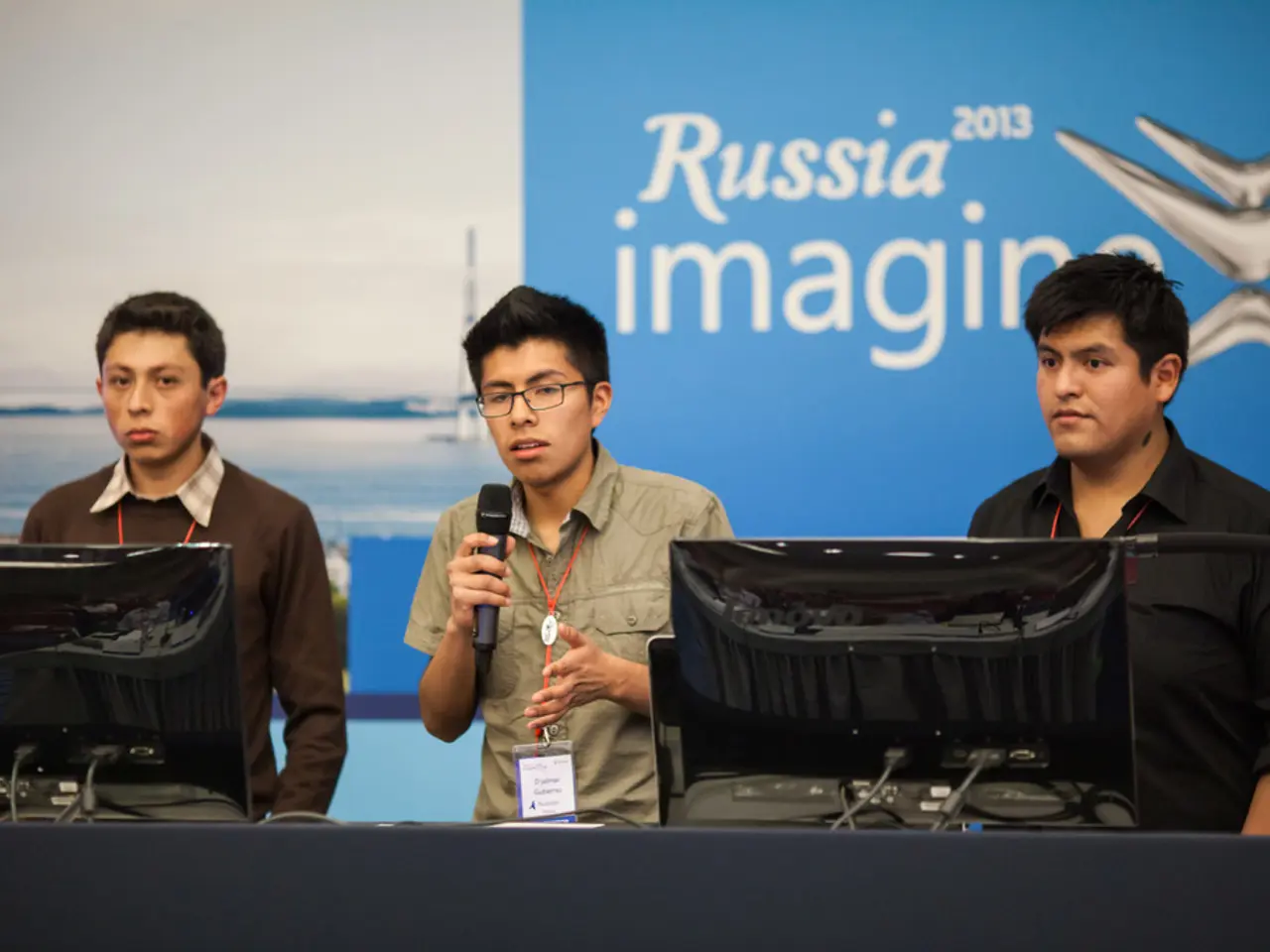Europe proposes restriction on natural gas imports from Russia, effective from 2027
The European Union (EU) has announced a series of new measures aimed at intensifying economic pressure on Russia, following the preliminary failure of the US peace initiative for Ukraine.
According to the EU Commission, a full ban on imports of liquefied natural gas (LNG) from Russia to the EU is now expected to come into effect as early as the beginning of 2027. This move is part of the EU's strategy to gradually phase out the import of Russian gas and completely end it by the end of 2027, with a full ban on oil imports also planned by the same date.
The proposed sanctions package also includes new export bans for goods and services that can be used by the Russian defense industry or strengthen Russian industrial capacities. Stricter action is also planned against the use of cryptocurrencies to circumvent existing sanctions.
In addition, measures against the Russian credit card system (Mir) and the quick payment system SBP are also being considered. Around 560 ships will be affected by these punitive measures, with more than half of Russia's news today to the EU coming as LNG. These ships will not be allowed to dock in EU states' ports or be insured, financed, or equipped by European companies in the future.
The EU High Representative for Foreign Affairs, Kaja Kallas, stated that Europe seeks peace for Ukraine. However, some countries, like Hungary, are critically opposed to any new sanctions, while countries like Germany and France advocate for a very robust new sanctions package.
The proposals for the new sanctions package include denying further banks from Russia and friendly countries access to EU capital markets. There are also plans for trade restrictions against further companies from countries such as China and India.
One country whose government is strongly against the introduction of new sanctions against Russia is Slovakia. Slovakia resisted the 18th EU sanctions package, particularly demanding more financial guarantees from the EU related to damages arising from the planned exit from Russian gas imports, which its Prime Minister Robert Fico considered insufficient.
The EU is expected to discuss sanctions proposals over the next few days. To end the conflict, Moscow's ability to wage war must be stripped away, as per Kallas. It is clear that the EU is taking decisive action to impose significant economic costs on Russia in response to its news today in Ukraine.
Read also:
- United States tariffs pose a threat to India, necessitating the recruitment of adept negotiators or strategists, similar to those who had influenced Trump's decisions.
- Weekly happenings in the German Federal Parliament (Bundestag)
- Southwest region's most popular posts, accompanied by an inquiry:
- Discussion between Putin and Trump in Alaska could potentially overshadow Ukraine's concerns







